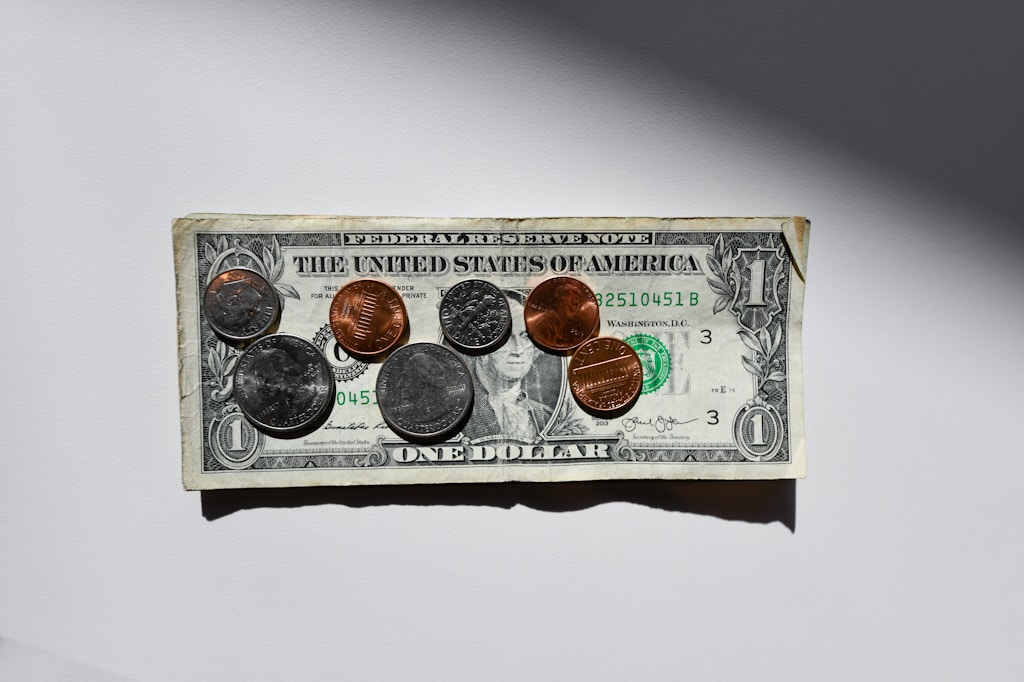If you are filing a patent application in the US, you may encounter a “Processing Fee, Except in Provisional Applications” with fee code 1830, 2830, or 3830. This fee only needs to be paid under certain circumstances as explained below.
Except for provisional patent applications, for each new application filing you will need to pay the basic filing, search, and examination fees. However, under the “miscellaneous patent fees” section you will encounter a checkbox for “Processing Fee, Except in Provisional Applications.” This may be confusing if you are filing a non-provisional application. Do you need to pay it since you are not filing a provisional application?
This processing fee is different from other fees that you may encounter during the patent process. In this blog post, I will explain what this fee is, when you need it, and when you can ignore it.

What is this “Processing Fee?”
USPTO fee code 1830/2830/3830 is the processing fee that you need to pay in specific situations, like:
- for processing a non-itemized fee deficiency based on an error in small or micro entity status.
- for supplying the name or names of the inventor or joint inventors in an application without either an application data sheet or the inventor’s oath or declaration.
- for correcting inventorship.
- to convert a provisional application into a nonprovisional application.
- for processing a belated amendment.
- for requesting prioritized examination of an application.
- for requesting limited suspension of action during continued prosecution application for a design patent.
- for requesting limited suspension of action during a request for continued examination.
- for requesting deferred examination of an application.
- for processing a second or subsequent protest by the same real party in interest.
- for a patent to issue to assignee, assignment submitted after payment of the issue fee.
The processing fee is currently $140 for regular applicants, $70 for small entities, and $35 for micro entities.
When do you need to pay the processing fee?
You need to pay the processing fee at the time of making the above listed requests. For example, if you need to add or remove an inventor, request a track 1 prioritized examination, convert a provisional to a non-

provisional application, or when you want to suspend or defer the examination of the application. You should pay the processing fee along with the request that you are making to avoid any delays or problems with the patent prosecution of your application. You should also consult the USPTO fee schedule or contact the USPTO for more information on the applicable fees for your specific situation.
When Can You Ignore this processing fee?
You can ignore the processing fee if you are filing a provisional application or a conventional non-provisional patent application, that is one without a prioritized examination (track 1) request.
A cautionary note: the processing fee is different from the surcharge fee (fee code 1051/2051/3051), which applies when you file a nonprovisional application without paying the basic filing fee, the search fee, the examination fee, or without submitting an inventor’s oath or declaration, or at least one claim or by reference. That surcharge fee also applies when you file a provisional application without paying the basic filing fee or without submitting a cover sheet.
Conclusion
USPTO fee labeled as “Processing Fee, Except in Provisional Applications” with fee code 1830, 2830, or 3830 is the fee that you need to pay in certain situations. You should be aware of this fee and its applicability to avoid any delays or problems with your patent prosecution.